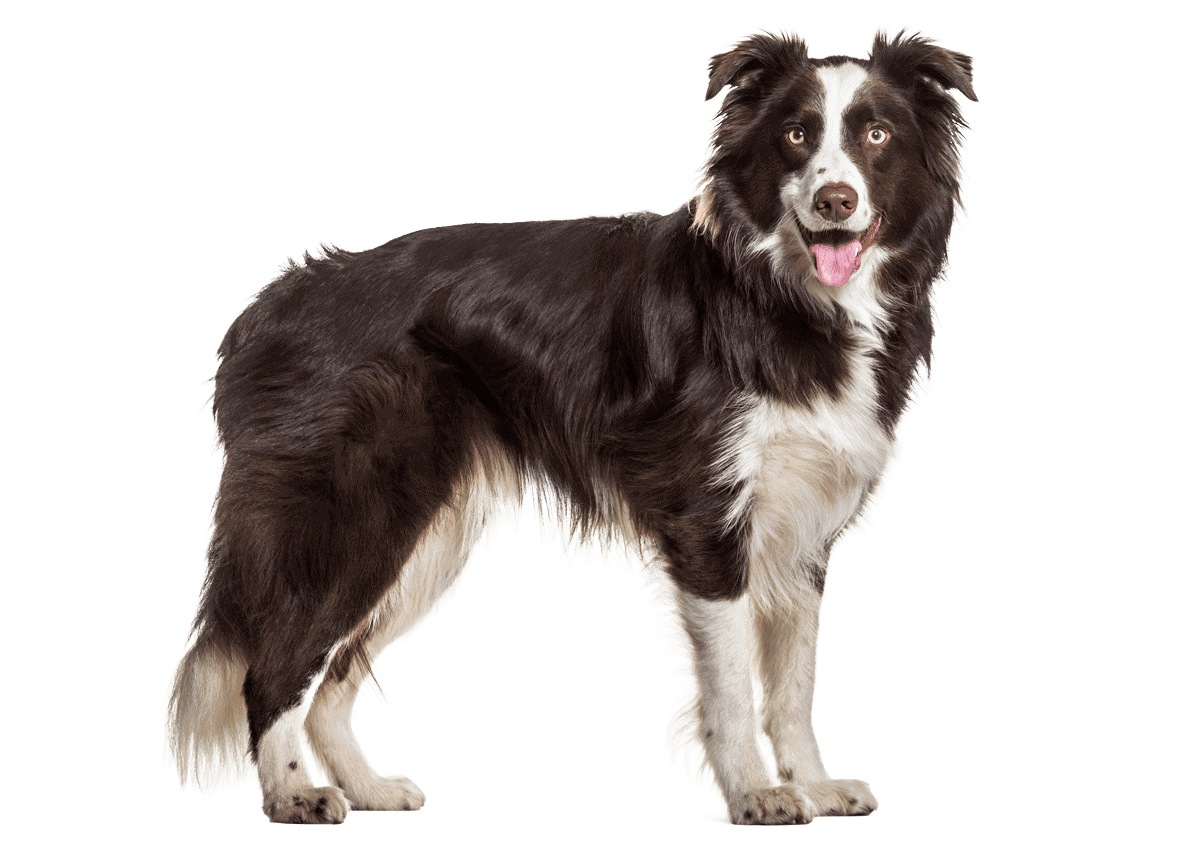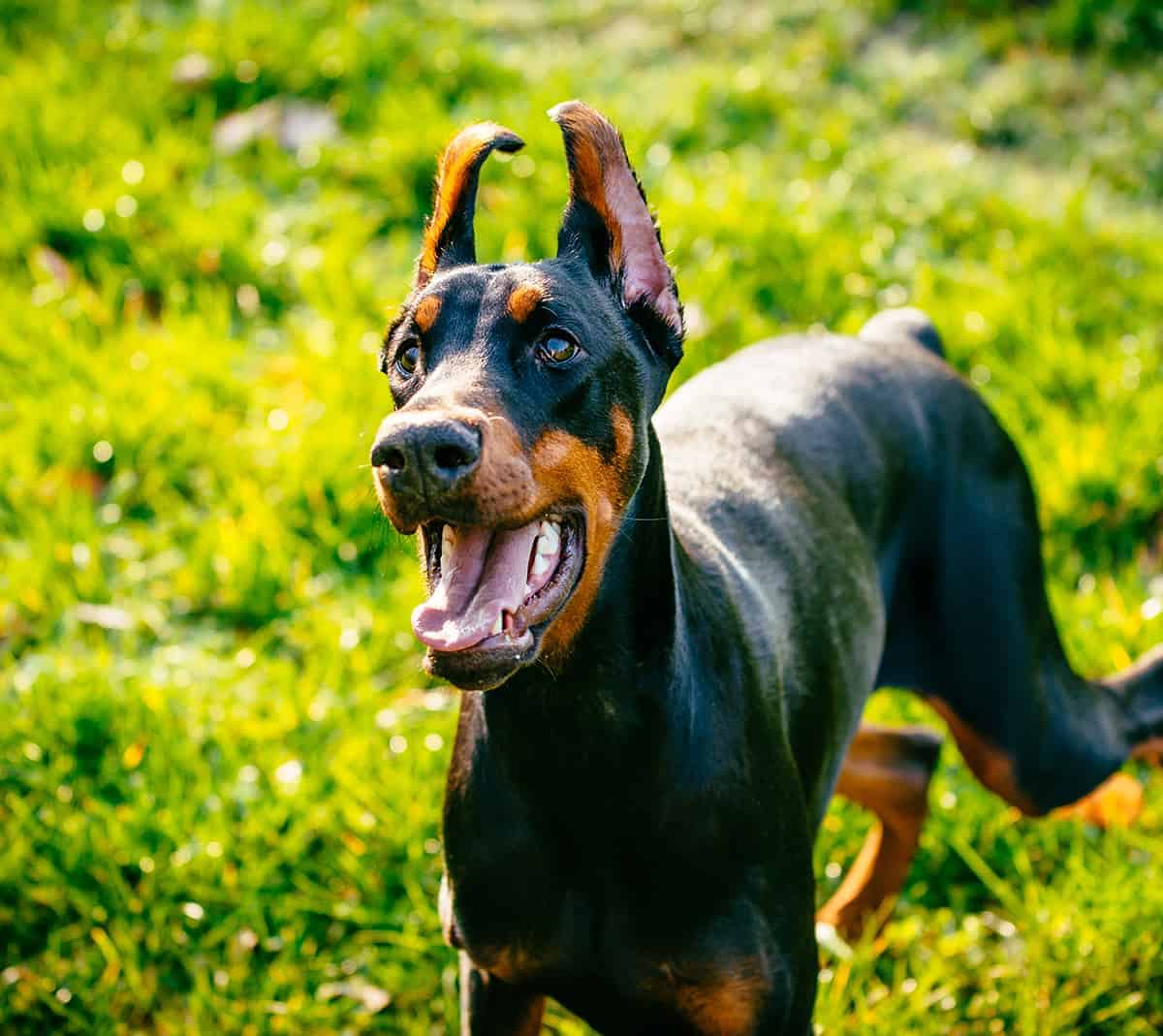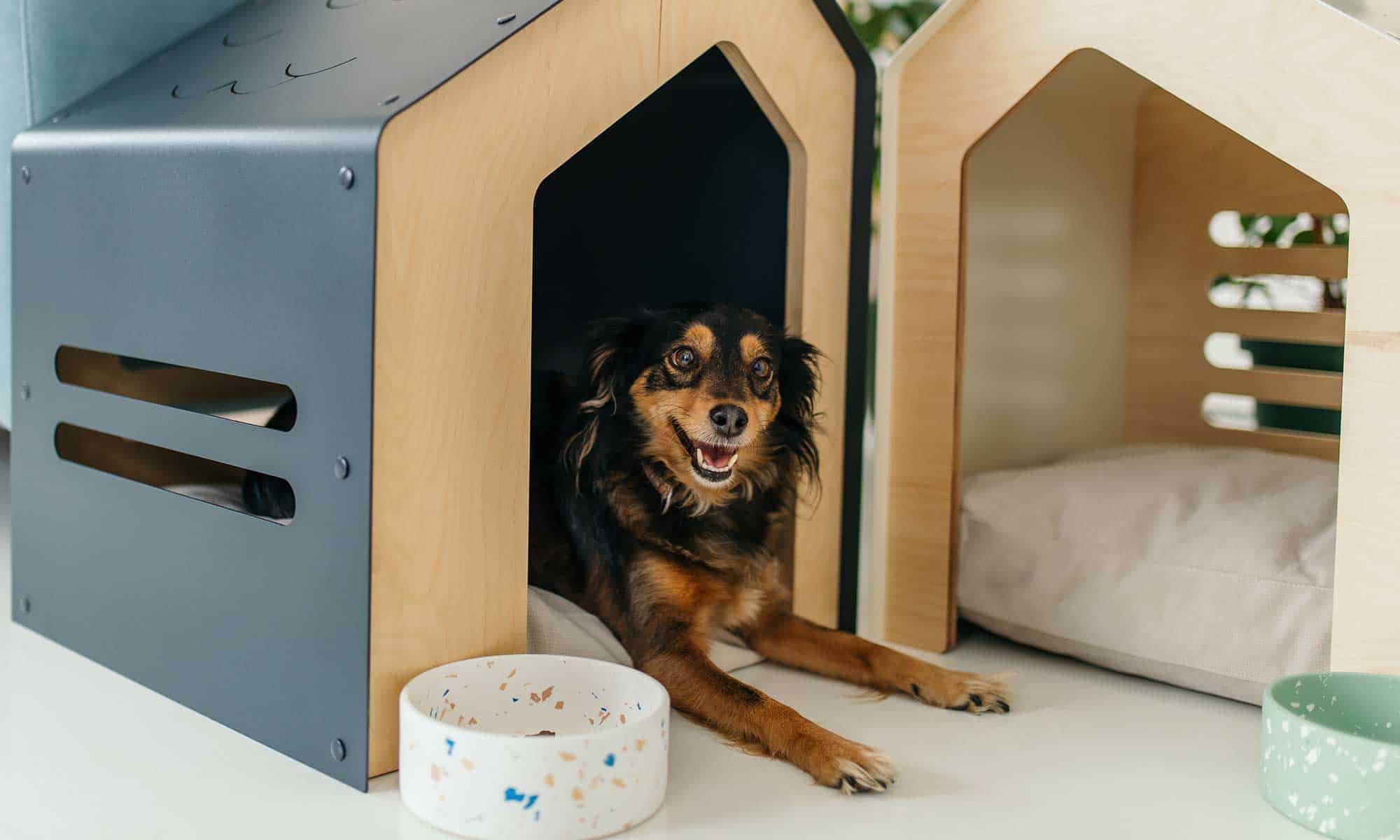Expert Orthopedic Surgery for Your Pet
At Western Veterinary Center (WVC), we understand how important mobility is to an animal's quality of life and are committed to maintaining or improving their mobility through advanced orthopedic surgery.
What is Orthopedic Surgery?
Orthopedic surgery focuses on treating conditions affecting the musculoskeletal system, including bones, joints, muscles, ligaments, and tendons. Orthopedic surgery can effectively treat a wide range of conditions in animals, such as fractures, dislocations, torn ligaments, and joint degeneration.
Bone is a living tissue that is constantly undergoing a process of remodeling and repair. When an animal suffers from a broken bone or other orthopedic condition, veterinarians use specific techniques to help the bone heal properly. We can help restore normal function with proper care, such as immobilization and appropriate medication, to restore mobility and reduce pain.

What Orthopedic Surgeries Does WVC Perform?
Dr. Rick Garcia and the WVC team have extensive knowledge and experience in diagnosing and treating orthopedic conditions. Every treatment plan and surgery is tailored to your animal's specific needs. We have the capabilities to perform a full range of orthopedic procedures, including:
- Femoral Head and Neck Osteotomy (FHNO)
- Medial Patellar Luxation (MPL) Correction
- Tibial Fracture Repair
- Tibial Plateau Leveling Osteotomy (TPLO)
- Radius/Ulna Fracture Repair

- Fracture repair
- Angular limb deformities
- Arthrodesis
- Tendon/ligament repair
- Amputation (toe/limb)
- Dislocations
- Shoulder OCD
- Shoulder instability
- Elbow dysplasia
- Elbow UAP/FCP/OCD
- Carpal hyperextension/hyperflexion
- Hip dysplasia
- Cruciate ligament disease
- Patella luxation TCT/MR/LI/Troch
- Hock OCD
- FHNO
- CCL repair TPLO/CBLO/TTA/ECR
Specializing in Arthroscopic Surgery (coming soon!)
In addition to soft tissue procedures and common surgeries involving hips, knees, and elbows, we offer arthroscopic surgery. This minimally invasive technique is particularly useful for hard-to-reach joints like the elbow. Our ability to perform these procedures speaks to our commitment to providing advanced, patient-centered care.
How is Arthroscopic Surgery Related to Orthopedics?
Arthroscopic surgery allows us to diagnose and treat joint conditions with greater accuracy and precision. It is a type of minimally invasive orthopedic surgery that involves inserting a small camera, called an arthroscope, into a joint to diagnose and treat problems. The arthroscope is connected to a video monitor, which allows the surgeon to view the inside of the joint and identify any issues. Arthroscopy is minimally invasive, resulting in less tissue damage, reduced risk of complications, and a faster recovery time.
The arthroscope is used for procedures such as:
- Meniscectomy, meniscal inspection, ccl tear diagnosis/ccl remnant removal
- Elbow dysplasia (TCP, UAO, OCD)
- Biceps tenosynovitis
- Shoulder OCD, dysplasia

What to Expect
WVC uses state-of-the-art equipment and technology to ensure the best care for animals undergoing orthopedic or arthroscopic surgery. Before surgery, your animal will require a physical exam, imaging tests—such as a CT scan—and pre-anesthetic blood work. If another veterinary practice refers your animal to our hospital, we will perform a physical exam to confirm their findings before surgery.
You will be given detailed instructions prior to the procedure. The following is an overview of what to expect on the day of surgery:
Preparation
- For your animal’s safety, do not feed them before surgery. Doing so may make it necessary to cancel the procedure.
- You will drop off your animal the morning of their procedure.
- We will shave your pet on the paw and at the surgical site.
Recovery
- Your pet will recover in the safety of a warm, monitored kennel.
- WVC uses the same medication, Sevoflurane/Propofol, used in children’s hospitals, which allows for faster recovery.
Aftercare
- Once your animal has recovered enough to walk, our office will contact you to arrange pick-up.
- We will provide detailed post-op/aftercare instructions. It is essential to follow these carefully to prevent reinjury and promote optimal healing and recovery.
- Before you leave, we will schedule your animals’ follow-up exam—including a physical, incision inspection, and a quick X-ray—to ensure healing is progressing as expected and to address any issues as needed. The cost of the follow-up exam is included in the surgical fee.
If you believe your animal may benefit from orthopedic surgery, we encourage you to contact us for more information or to schedule a consultation. Referring veterinarians, please visit our referral page for further details.


